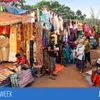Top 10 inspiring stories of Indian brands and SMBs from across the country
On the occasion of SMBStory's one-year anniversary and its MSME Week celebrations, read the top 10 stories we have covered so far.
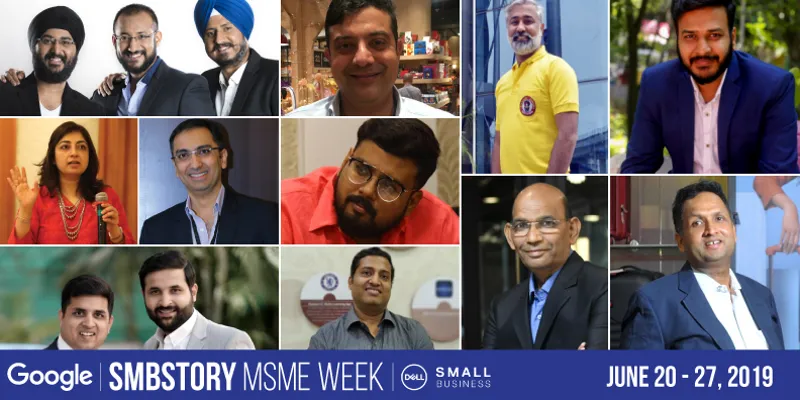
10 years after YourStory started telling stories of startups and change-makers, we started SMBStory in 2018. With this, we want to tell the story of people running small and medium-sized businesses (SMBs) and Indian brands -the backbone of the country's economy.
And for the past year, SMBStory did for these businesses what YourStory began doing for startups years back. We travelled through cities, towns, villages, and all corners of India and uncovered hundreds of inspiring business stories. These are stories of grit, perseverance, and the determination to succeed against all odds.
After positive feedback, praise and testimonials from lakhs of readers and entrepreneurs, SMBStory has emerged as the leading digital media platform to showcase the talent, struggles, and zeal of the men and women running small and medium businesses and Indian brands. These are stories of profitable businesses as much as they are stories of innovation with limited resources.
On the occasion of SMBStory's one-year anniversary and its MSME Week celebrations, we have drawn up a list of the top 10 stories we covered so far:
Modern Bazaar
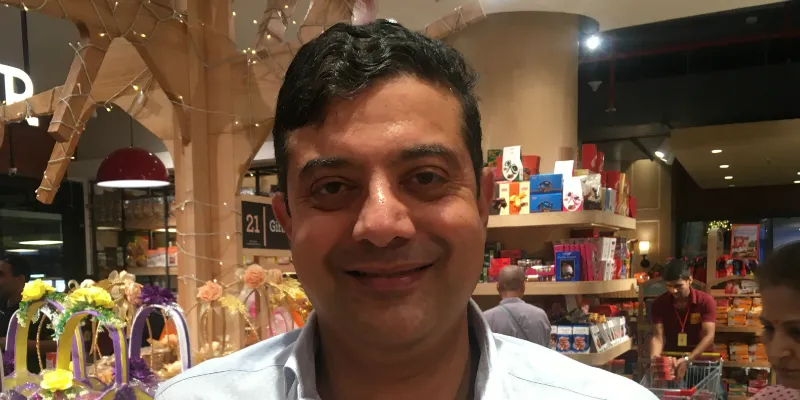
Kunaal Kumar, Founder, Modern Bazaar
As an aspiring businessman in the 90s, Kunaal Kumar had two options ahead of him. Follow up his engineering course with an MBA or delve into his father’s bakery business to learn the ropes.
He chose the latter and is now running one of India's successful retail chains in Delhi. After learning the tricks of the trade from his father, Kunaal Kumar in 2005 relaunched Modern Bazaar - his father’s venture, but this time not as a bakery but as a chain of retail outlets in the Delhi-NCR region.
Rolls Mania
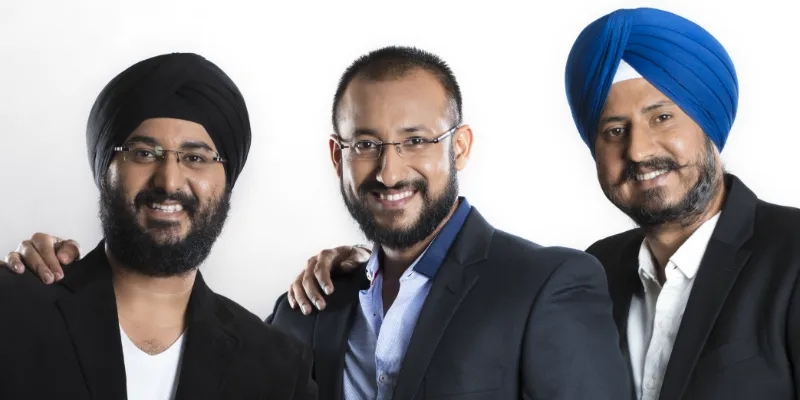
Gagan Sial, Puneet Kansal and Sukhpreet Sial, Founders, Rolls Mania
Around 2009, Pune was a growing market for the food industry, and seemed like a good opportunity for a business that could leverage the changing nature of the kathi roll.
At this point, 18-year-old entrepreneur Puneet Kansal had just started Rolls Mania, his kathi roll business, with a meagre Rs 20,000. He was running a table-sized kiosk outside a restaurant at Magarpatta city, and he had just one chef.
Today, Rolls Mania has over 100 outlets across the country on a franchise model.
Suxus
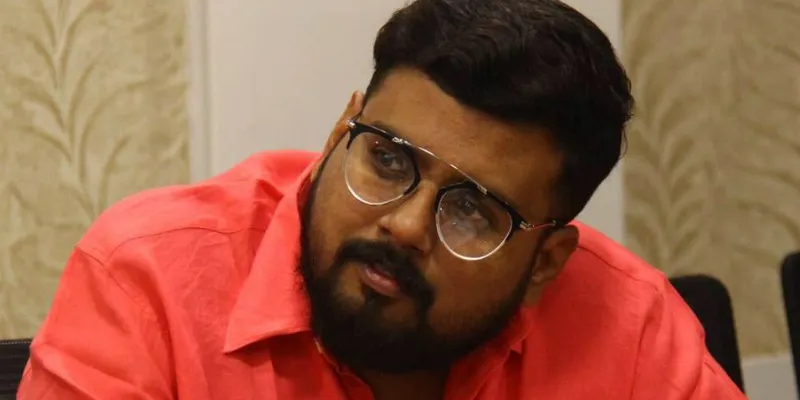
Faizal Ahamed, Founder, Suxus
Success has a way of giving you an adrenaline rush no matter how you spell it. When Faizal Ahamed CM founded Suxus, a manufacturing and retail brand of men’s apparels, in 2006, the idea was to give the name a spin and make it catchy.
He started the business with a borrowed capital of Rs 5 lakh. But Faizal was on the brink of bankruptcy in 2011 when he lost upwards of Rs 1 crore. After fighting the odds and bouncing back, today he has six showrooms in Tamil Nadu and plans to have 420 more by 2030.
Inc.5
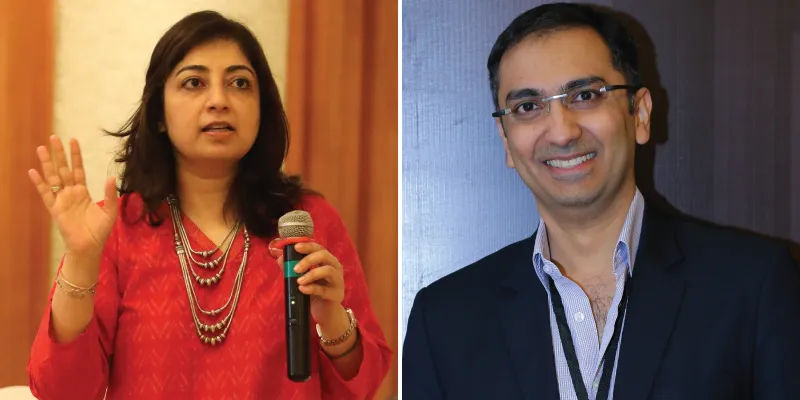
Almas Nanda, Founder, Inc.5 and Amin Virji, Managing Director, Inc.5
Almas Nanda found the 'style vs comfort' debate for footwear troubling, and wanted to have both: plenty of style with oodles of comfort. In 1998, when she was 24 years old, she started Inc.5 to provide women with stylish footwear that did not compromise on comfort.
Together with her brother, Amin Virji, who is the Managing Director of Inc.5, they started from one store in Heera Panna Shopping Center in Mumbai and took the brand to Rs 163 crore turnover and presence across 54 exclusive stores across India.
Kimirica Hunter

Rajat Jain and Mohit Jain, Founders, Kimirica
When brothers Rajat Jain (34) and Mohit Jain (31) launched Kimirica in Indore in 2013, they were working out of a small, 100 sq ft room. The duo also had bad debts, and faced a huge cash crunch. Little did they know that Kimirica would overcome these insurmountable odds to become India’s largest manufacturer of luxury hotel toiletries and guest room amenities.
Kimirica signed a joint venture with Canadian hospitality product manufacturer Hunter Amenities, from where it gets its complete name ‘Kimirica Hunter.’
Kimirica Hunter is now worth Rs 300 crore, and records a turnover of around Rs 90 crore. It also serves a large number of international hotel chains such as Marriott, Starwood, Hilton, Jumeirah, Hyatt, Sofitel, Pullman, and an array of independent luxury hotels.
Indus Net Technologies
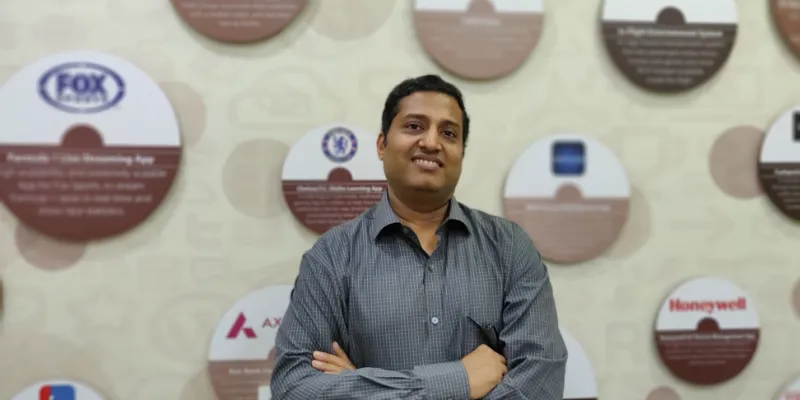
Abhishek Rungta, Founder and CEO, Indus Net Technologies
Abhishek Rungta began his successful IT enterprise Indus Net Technologies in Kolkata in 1997. In two decades, he has created a thriving tech ecosystem in a city that is just waking up to the digital revolution.
Starting with SaaS (software as a service) solutions, Abhishek's company brought in new technologies like Java, mobile applications, TopNet, and others. Abhishek’s diversification was large and most of his clients were SMEs.
He continues to run training academies in the city that can produce industry-ready skilled talent.
Burger Singh
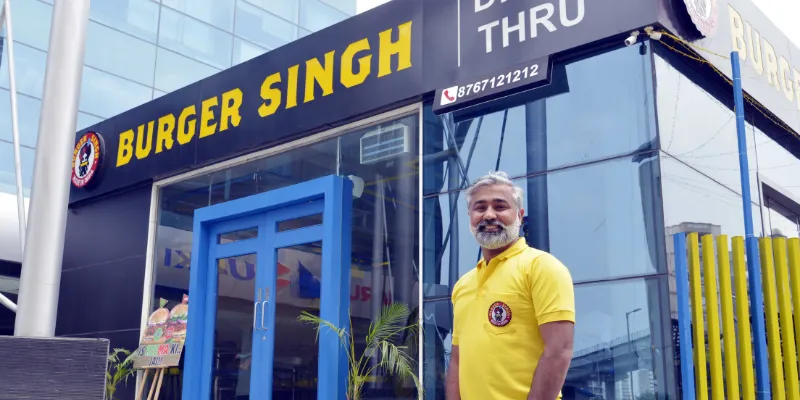
Kabir Jeet Singh, Founder and CEO, Burger Singh
It was difficult for Kabir Jeet Singh to make ends meet when he was pursuing his MBA at the Birmingham Business School in 2007. And, what does a desi do in pardes to meet his needs? After his classes in the morning, he worked at a burger outlet on the night shift.
This set him on the road to making his own burgers with an Indian twist. He soon earned the moniker ‘Burger Singh’, and came back to India to open the first Burger Singh outlet in Gurugram in 2014, with an investment of Rs 30 lakh.
Today, Burger Singh has 28 outlets, of which 20 are in Delhi/NCR, one in Pune, two in Dehradun, and two in Jaipur. The food chain has three franchises, including one in Nagpur and two in London. Burger Singh records an annual turnover of Rs 26 crore.
Kaleyra

Aniketh Jain, Managing Director, Cloud, Kaleyra
Kaleyra’s India story began when Aniketh Jain and Ashish Agarwal finished a computer applications course in Bengaluru in 2009. Recalling their college project for sending messages to parents about the academic results of their children, they were inspired to start their own business.
In the same year, they set up Solutions Infini in Bengaluru with a bootstrapped amount of Rs 4 lakh. The new and improved avatar of an Italian IT and telecom services provider, Kaleyra was christened in 2016 after it acquired a majority stake in Solutions Infini.
Today, Kaleyra empowers enterprises to add real-time communication features to their applications. Its revenue stands at around Rs 693.6 crore. Its impressive clientele comprises Amazon, Ola, Flipkart, AirAsia, Zomato, Cure.fit, Practo, and more.
Killer Jeans
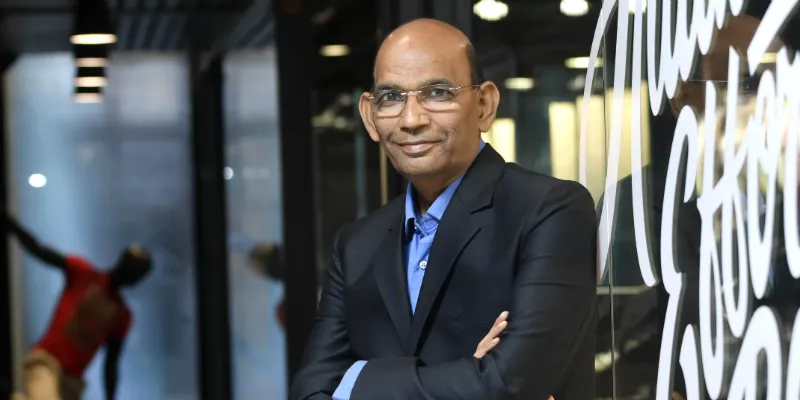
Kewalchand Jain, Chairman and MD, KKCL
Back in 1989, Mumbai-based businessman Kewalchand Jain decided to take a gamble on denim. At that time, he was running his family’s garment business and wanted to start making jeans. Kewalchand told himself he wanted to build an Indian denim brand and make Indians proud of wearing these jeans.
This was the inspiration behind Killer Jeans. Selecting the name to represent the rebellious nature of youth, Kewalchand launched the brand despite anticipating heavy competition from international brands Levis, Pepe Jeans, and Wrangler.
In 1992, he started Kewal Kiran Clothing Ltd (KKCL) -an institution that would be the parent company for Killer Jeans. This would allow him to launch other brands and follow a similar, full-price model. KKCL is now present across 209 cities and towns in 25 Indian states. It operates through 336 stores, either owned or through franchise business.
High Spirit

Tushar Jain, Co-founder, High Spirit
After falling victim to a stockbroking scam, Tushar Jain's father lost all his money. With the help of his teenage son, the duo started to sell bags on the streets of Mumbai.
In what can only be described as an amazing ‘bags to riches’ story, Tushar and his father completely transformed the business into a baggage behemoth.
Under Tushar’s leadership, the business was formally launched as High Spirit Commercial Ventures in 2012. Its meteoric rise saw it become India’s fourth largest maker and seller of backpacks and luggage. The Rs 250-crore company now has its headquarters in Mumbai and 10 regional offices spread across India, covering every district of the country.




